One of Transition Liverpool’s key goals is to provide a platform to amazing people doing amazing things. Our hope is that through raising the profile of our community organisations, we inspire more people to become involved, or give them the confidence to start something of their own. Today, we take a look at the work of Growing Sudley.
In 2012, the Friends of Sudley Estate asked a question: ‘how can we bring the dilapidated walled garden back into use for community benefit?’ The result of this was Growing Sudley CIC.
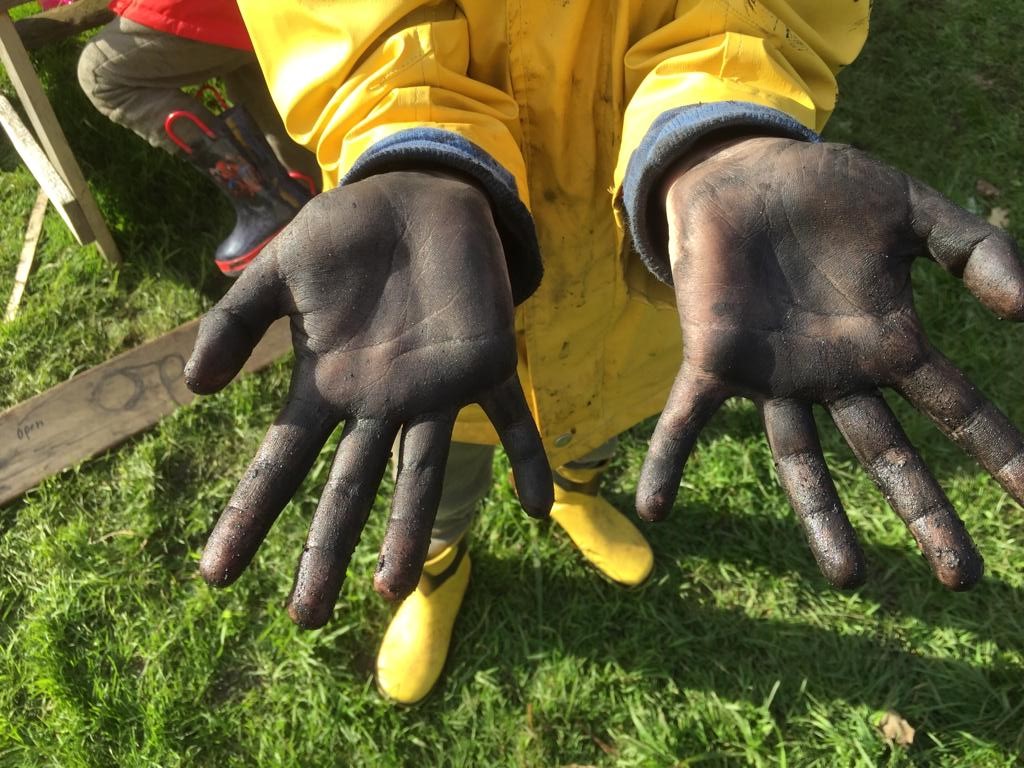
Playtime
The project had a gradual evolution, gaining traction in 2014 with the Mr Seel’s Garden project on which Transition Liverpool was a partner, led by Michelle Bastian who some early members will remember. The Transition connection has continued, with individual members of TL being integral to the development of the project and site. Transition Towns and permaculture are cited approaches within the group’s ethos.
‘We’ve been using permaculture as a tool since establishing the CIC, not just for gardening and design, but for organisational development and business planning. It’s such a fantastic tool for staying adaptable and open, keeping to our ethos and making the most of valuable resources’. – Lucy, one of the founders
The project’s mission is defined as community health and wellbeing through the healing power of plants and nature. Over the last few years the group have developed a variety of nature-based activities within the garden: a popular children’s forest school holiday club, family sessions for toddlers and children with ASD, projects for looked after children and carers; weekly Therapeutic Gardening for adults with Learning Disabilities, Brain Injuries and Conditions and Stroke Survivors; outdoor Tai Chi, Qi Gong and Meditation; volunteer gardening sessions; seasonal events; community activities such as forest bathing, nature and herb walks.
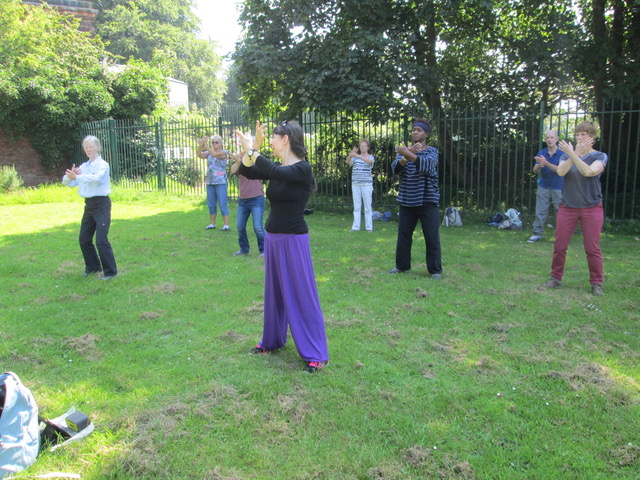
Outdoor wellbeing
Starting this year, the garden will be developed into a healing multi-purpose space, supporting the various activities. Part of the plan is to develop a Physic Garden, and the group have been working with a medical herbalist to deliver activities around herbs and healing. The project has developed some exciting connections with other Physic Gardens across the country, including the Royal College of Physicians whose medicinal garden was deemed ‘the most interesting garden in London’.
‘Working with herbs has become an exciting part of what we do, it complements the concept of healing through nature and ties together the activities within the garden and the building. Identifying plants and ‘weeds’ around the site and then turning them into healing tinctures, balms and teas has been an increasing part of our practice over the last couple of seasons. It’s something that really excites our community and captures everyone’s imagination’.
The garden hasn’t changed that much since the CIC established in 2017. It’s part secret garden, dripping ivy and brambles making their eternal march on empty ground, and the rest a grassed rectangle. ‘We’ve been slow to develop the garden itself, beyond a few raised beds and fruit trees. We’ve taken the permaculture principles of observe and interact, and small and slow solutions, pretty seriously!’ It’s not that the group don’t have aspirations for the space, there’s a beautiful outline plan by Howard Miller Design, which points to an exciting and inspirational space.
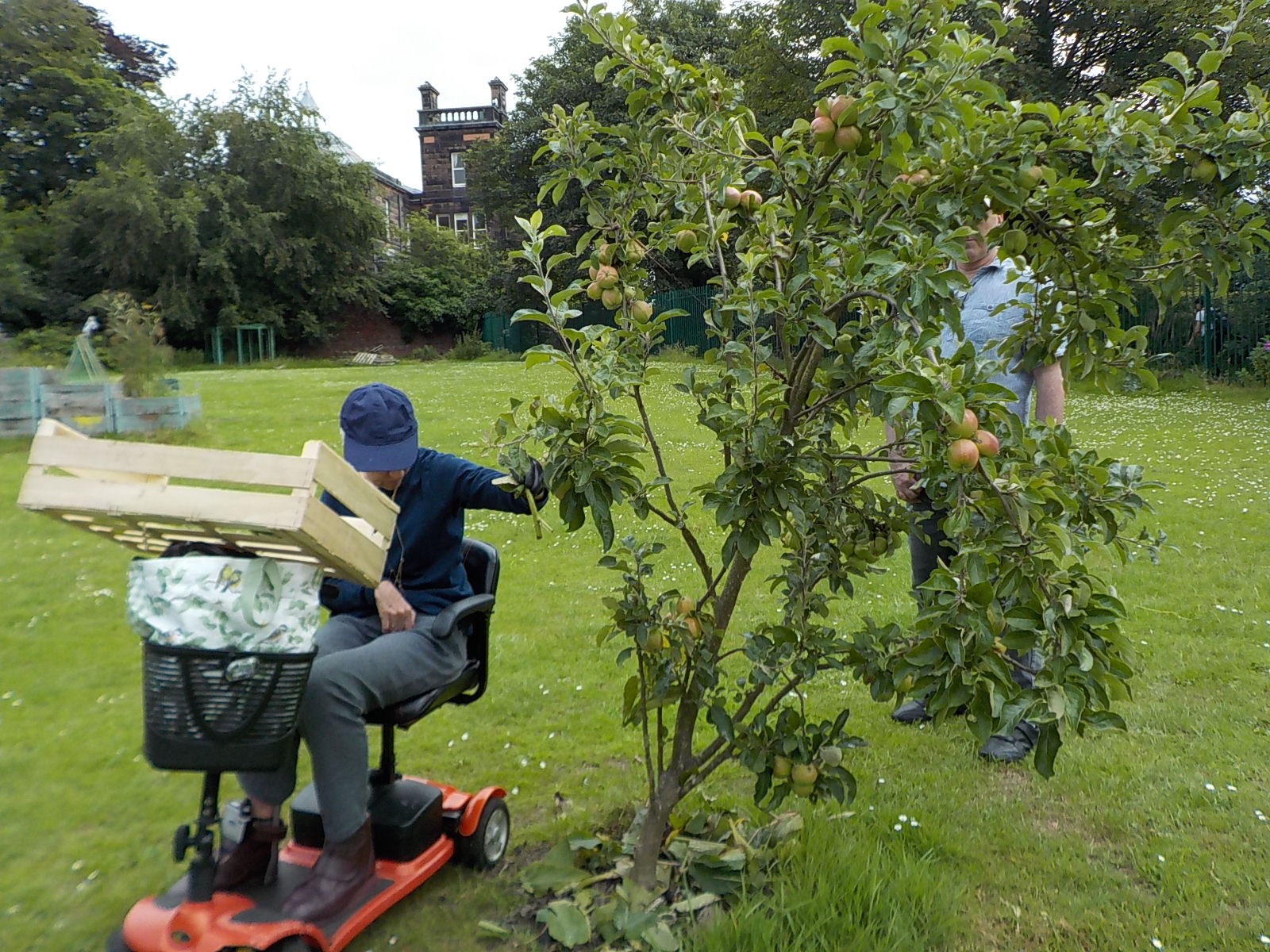
Apple Care
The energy of those involved has been spent over recent years in building up a community; working creatively with people, co-producing ideas and concepts that feed into a design to support diversity, building from patterns to details. As this process draws to an end, the physical work of developing the garden space will happen through participation. The community that has observed, tested and designed the garden will also build it. Watch this space for sustainable building and design courses and workshops, they will be looking for willing volunteers!
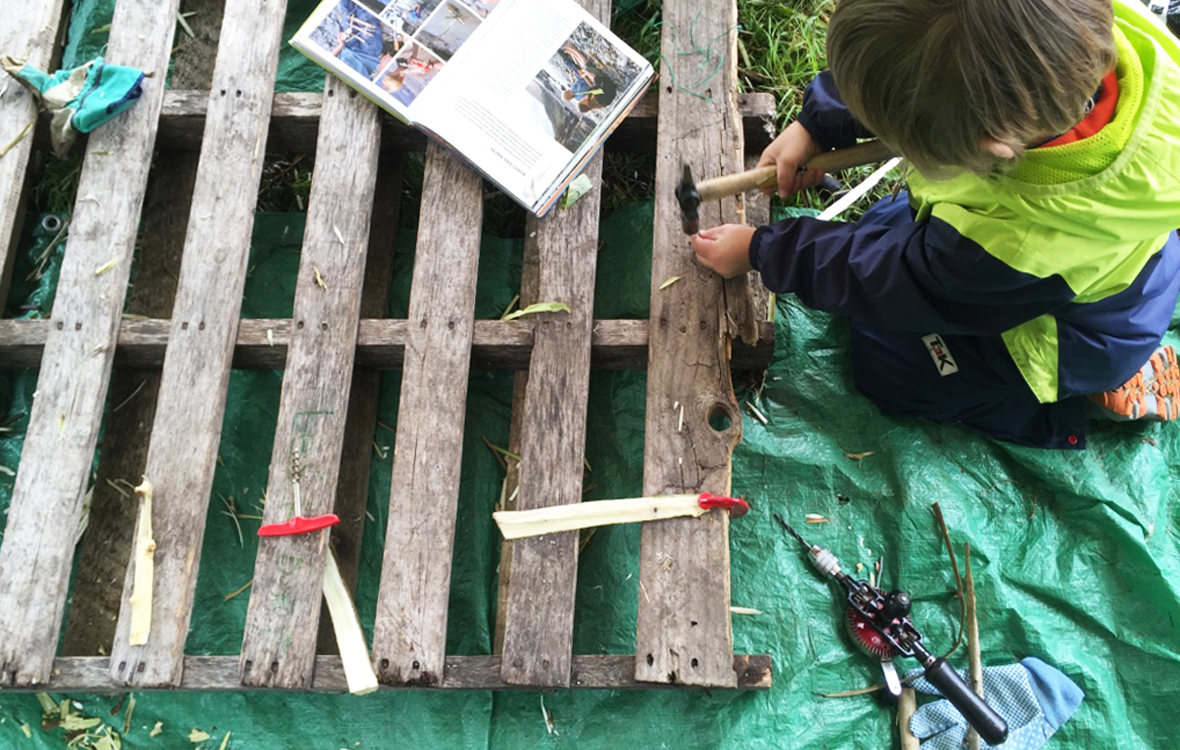
Forest School
After a lot of hard work and process, Growing Sudley have recently been awarded a community grant from Power to Change, the independent trust that supports community businesses in England. The grant will enable them to refurbish the disused changing-rooms building next to the walled garden and build a sustainable future for the project. Architects Harrison Stringfellow, who’ve been closely involved in supporting the development of Growing Sudley, will refurbish the derelict changing rooms building using renewable technologies and with a focus on local supply chains and community use. In an exciting partnership with Ullet Road Eco Offices, the building will be developed into a community wellbeing resource, with affordable space for holistic therapists and a base for the CIC and community activities.
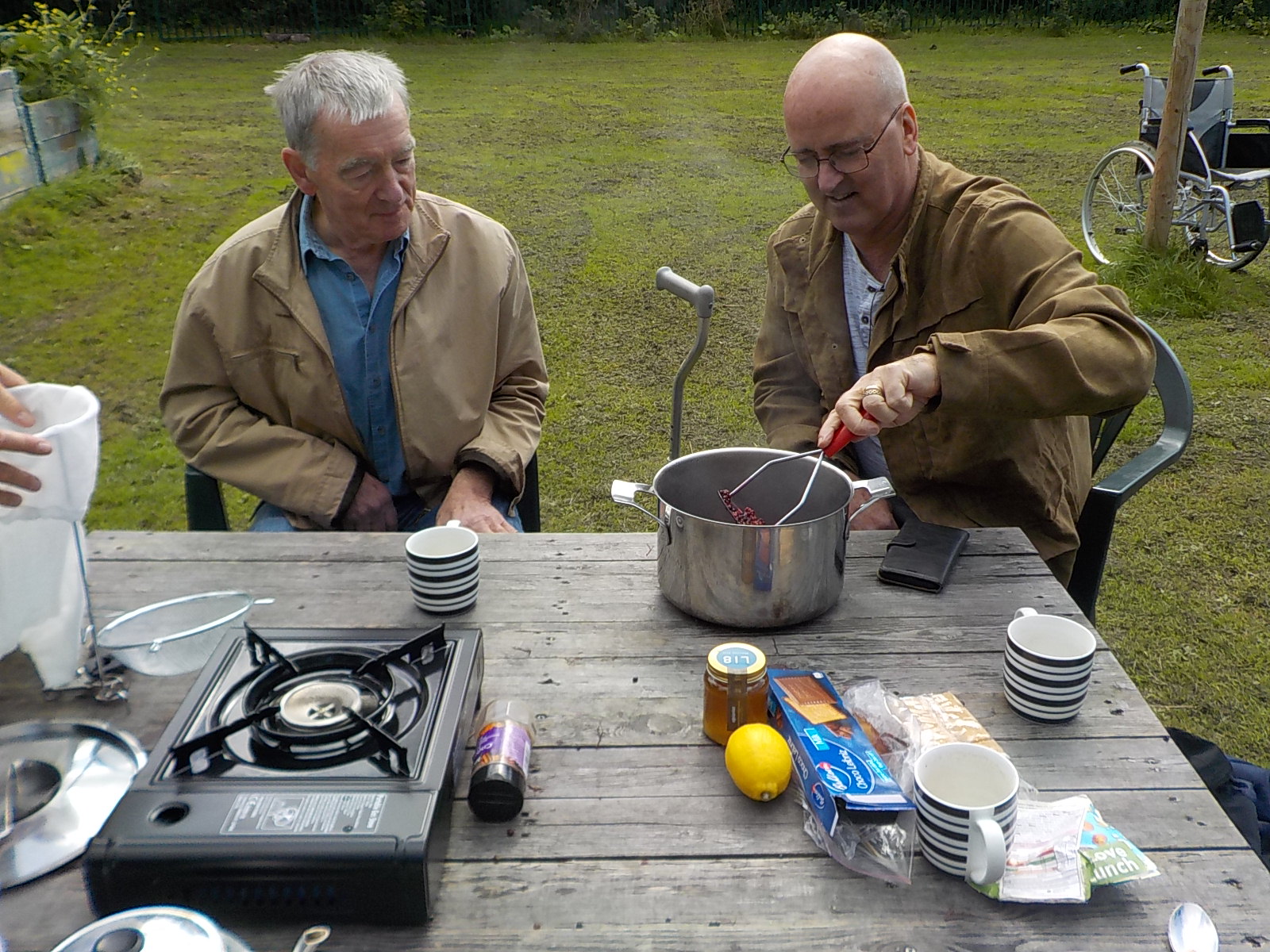
Making Produce
Many of you at Transition Liverpool will know John Garrett, who was part of the early energy group and broke new ground in developing the Ullet Road site into a zero-carbon building and health and wellbeing centre. More news on the capital project soon, once planning is granted Growing Sudley will launch a crowdfunding campaign for some of the technology needed to make the building zero carbon.
Sudley steps up during Coronavirus
The group were in the middle of the planning application when Covid-19 hit, and this will have impacts on the timing of the whole process. All activities in the garden were cancelled until further notice. The public health crisis left them needing to adapt, like everyone else. Staff took what they could online, looking at ways to continue activities and connections built up over the last few years. Online gardening, forest school and herbalism content for people at home and regular social media communications has kept them in touch with their support base. Another key role has been to continue to connect with more vulnerable or isolated members with weekly phone contact and support, including doorstep chats and delivery of gardening materials and plants.
There have been some wonderful cyclical activities going on during lockdown. One of the therapeutic gardening group who is shielding started growing plants from seed for the first time in his life, in a small back yard which has become filled across every inch of available space with pots, seed trays and containers. In group sessions they rarely grow from seed, not having capacity to give seedlings the care they need on site. Having discovered the magic of planting a seed and watching it grow, this member says it’s helped him keep going through lockdown. He’s grown many hundreds of seedlings which Growing Sudley have delivered to other community members wanting to grow at home. Another household has been growing seedlings as part of homeschooling activities, on a large scale, and putting them out in front of the house for donations. They’ve raised almost £1500 so far for the local foodbank.
There are so many creative and amazing people-powered initiatives going on, responding to need and applying solution-based thinking that Growing Sudley started a weekly feature #solidaritythroughcommunityaction. Where national politics has failed to achieve strategic clarity and action, people politics has stepped up to the plate. The natural permaculture of our communities has come into play through crisis.
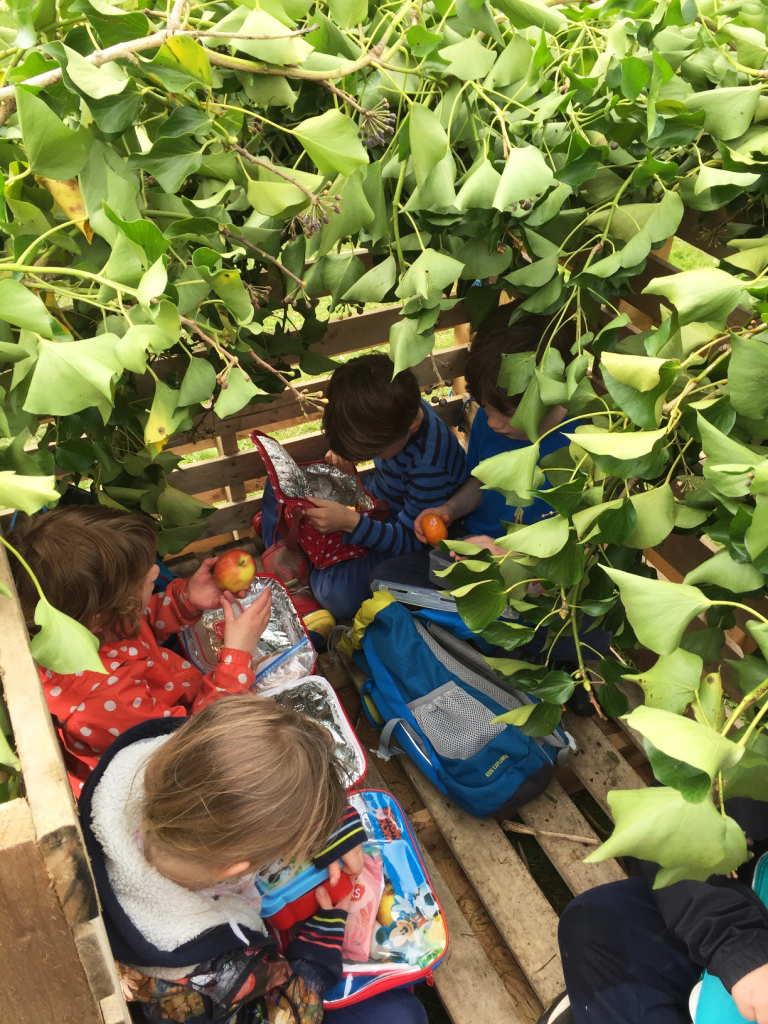
Kids in the den
To find out more check the Growing Sudley website. If you’d like to join the mailing list, you can send them an email at growingsudley@gmail.com or like the Facebook page.
- Crops in full swing
- Kids in the Den
- Forest School
- One of the residents
- Apple care
- Making produce
- Making produce
- Playtime
- Outdoor wellbeing
- Nature education

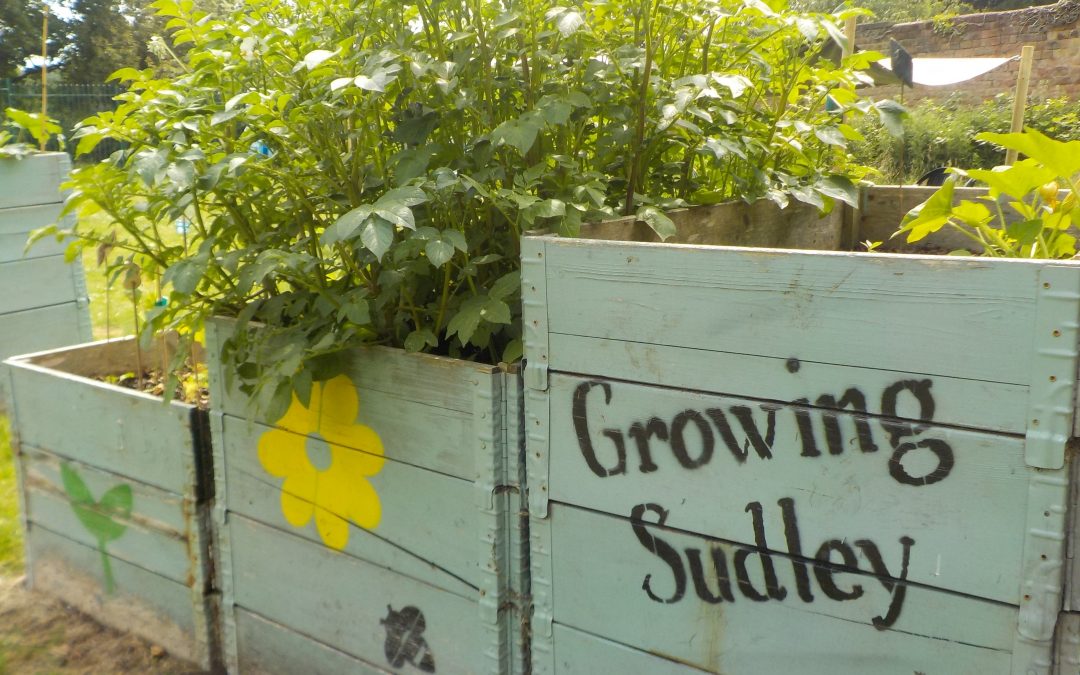
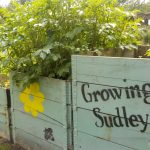
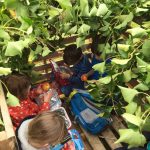
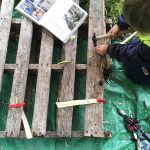
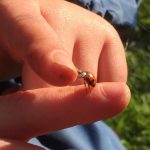
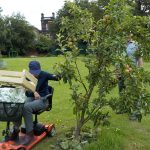
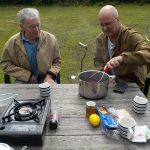
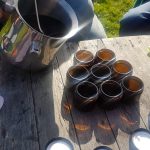

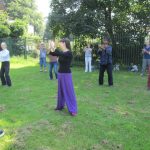
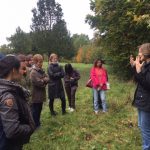
Recent Comments